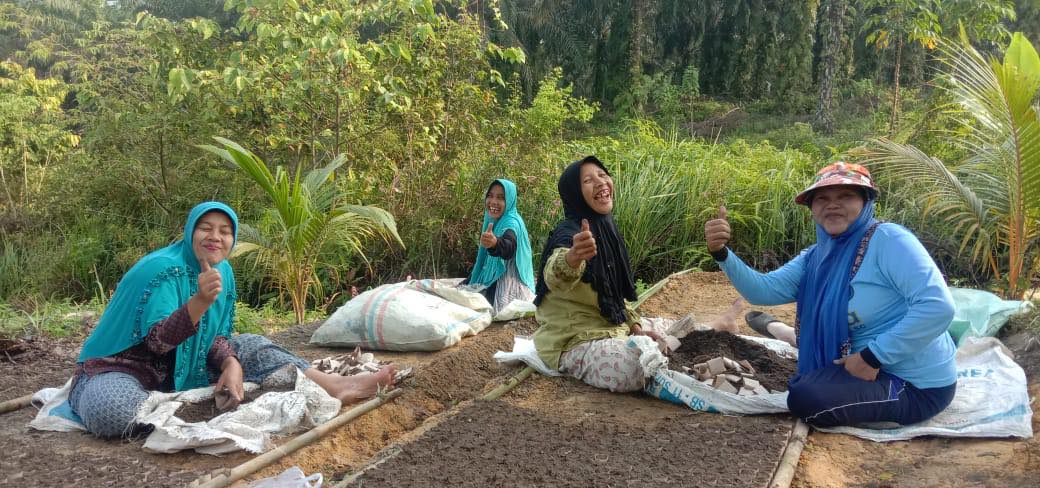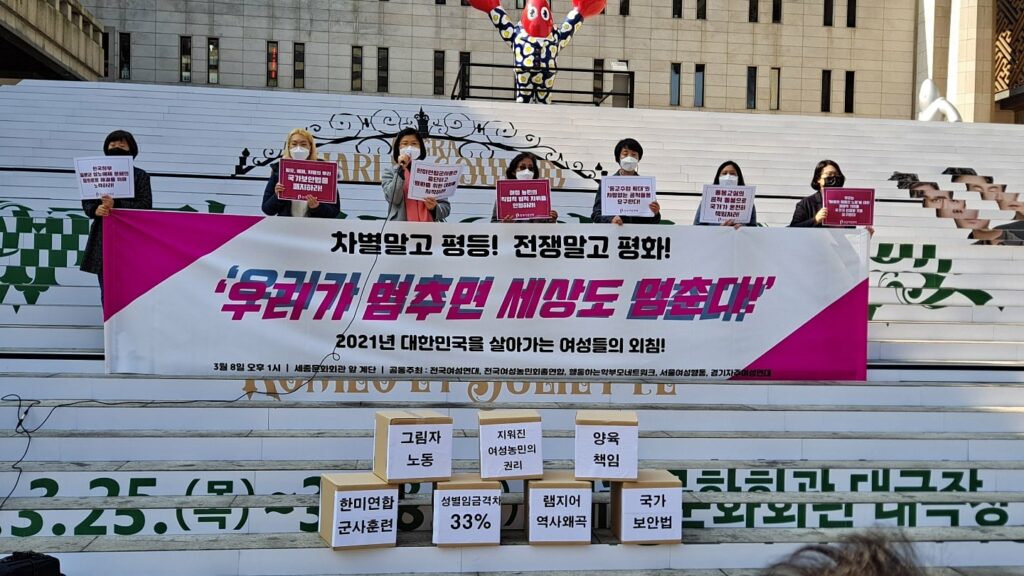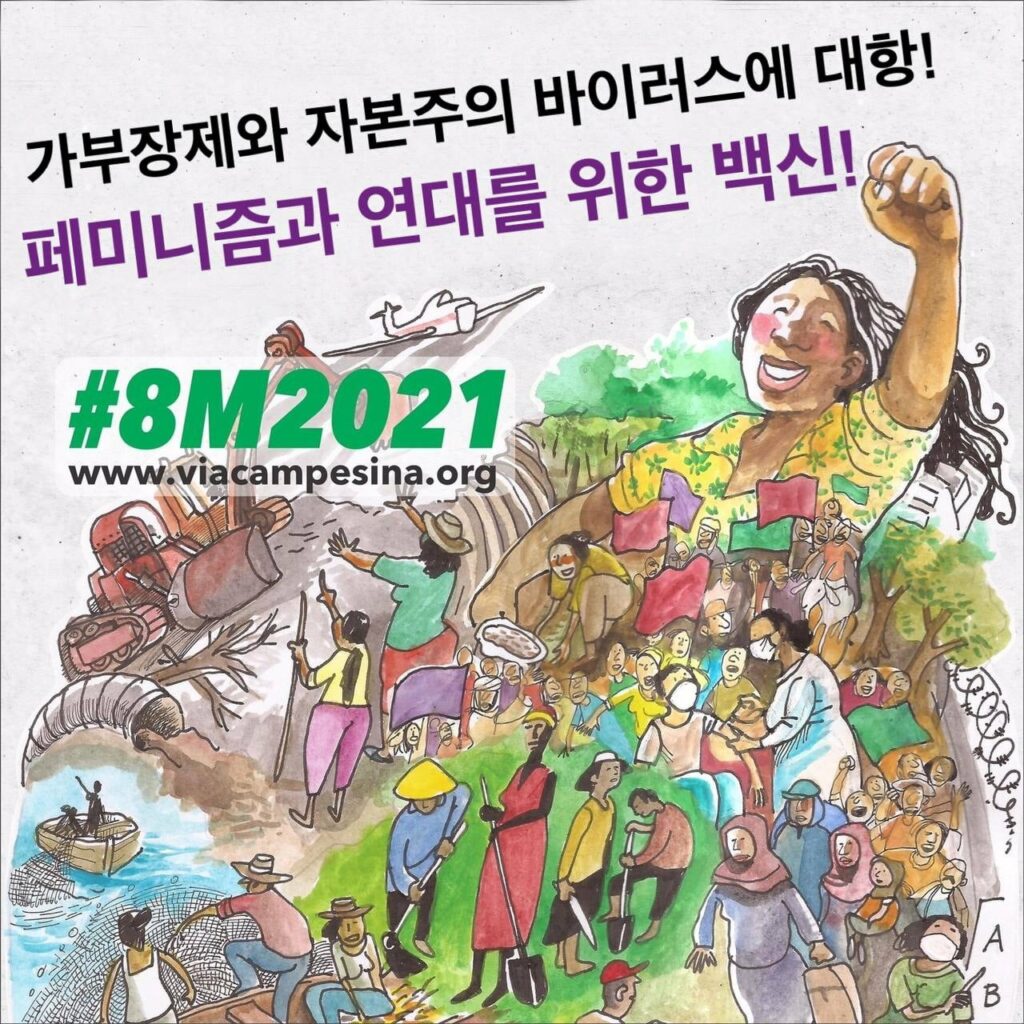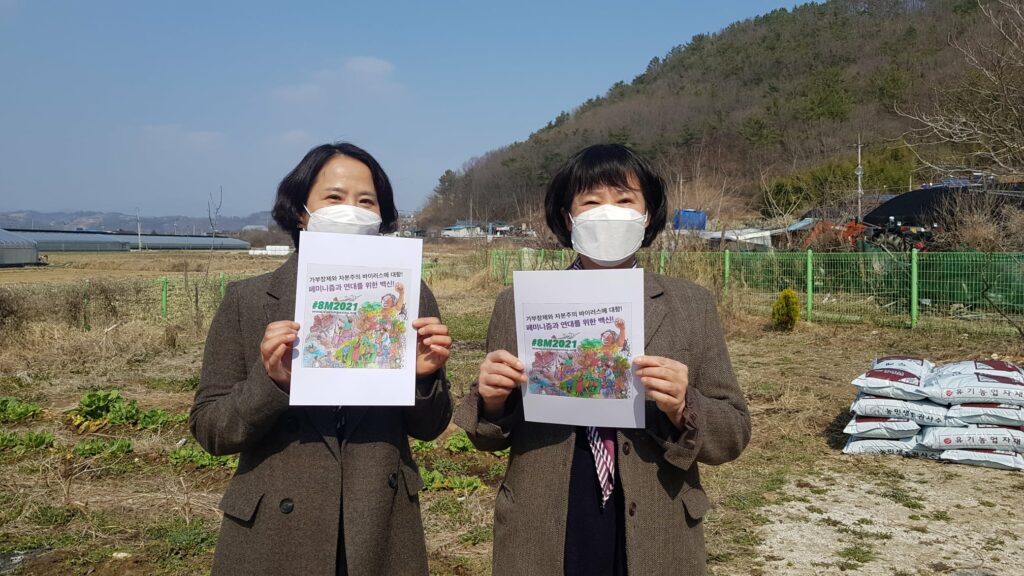In Indonesia, across Southern and Western Sumatra, the women’s wing of Serikat Petani Indonesia held meetings with community women to analyse the agrarian context in the country and the impact of agrarian conflict on rural women. They also made an action plan to give visibility to women’s contribution in the farm as well as in the movement.
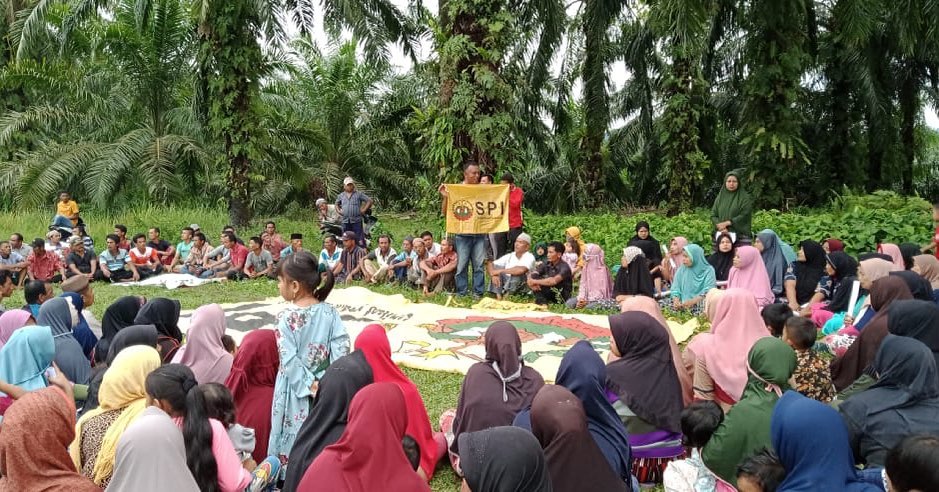
In Thailand peasant women of the Northern Peasant Federation joined workers and activists demonstrated in defence of the rights of women. They also protested against high food prices and called for amendments in the Constitution that would protect the rights of women.
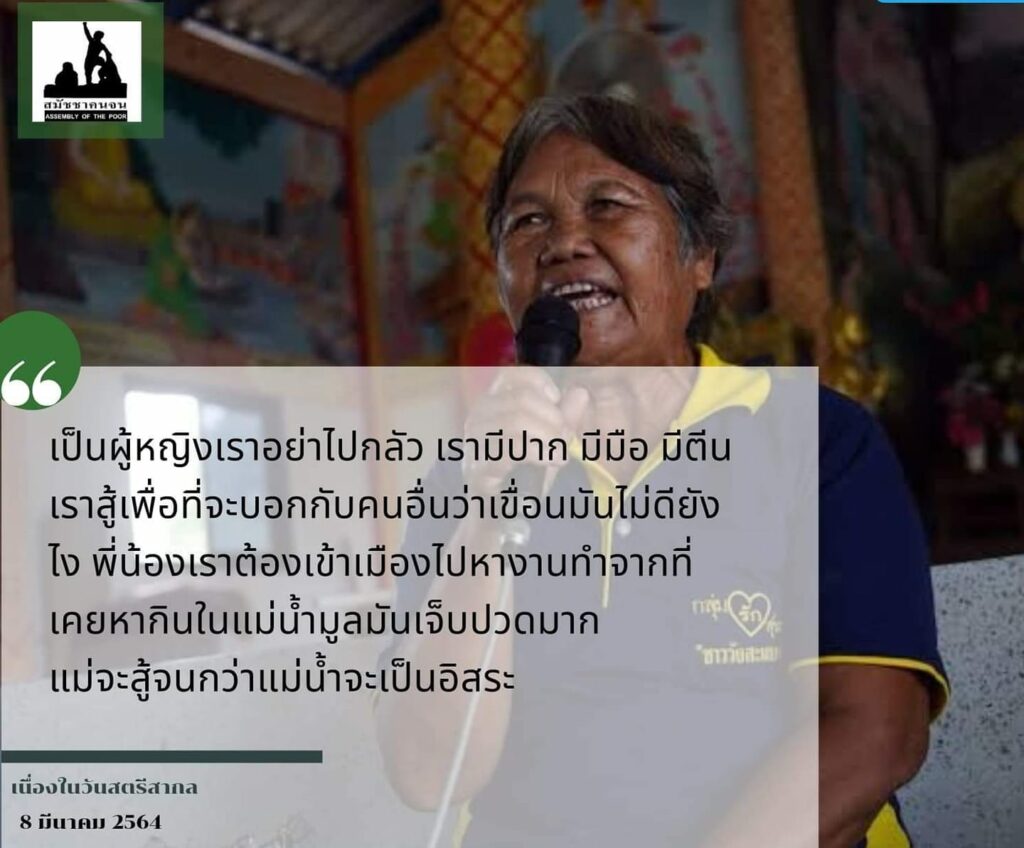
Women wing of Nouminren, the peasant federation in Japan rued the slump in purchase price of rice. They denounced government attempts to implement an annual reduction in the production, even as imports continue. In a video released to mark the International Women’s Day, they demanded that the government distribute the excess stock to single parents and students who need support in the pandemic phase.
In Srilanka, peasant women and workers from rural areas demonstrated and denounced exploitative practises of micro-financing firms that has created an unending debt crisis in villages across the country.
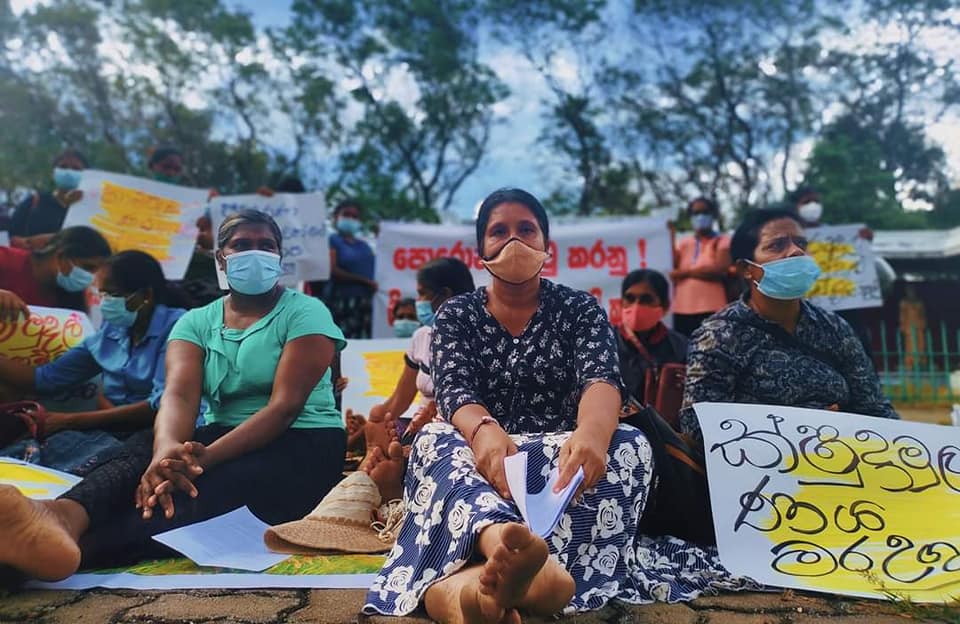
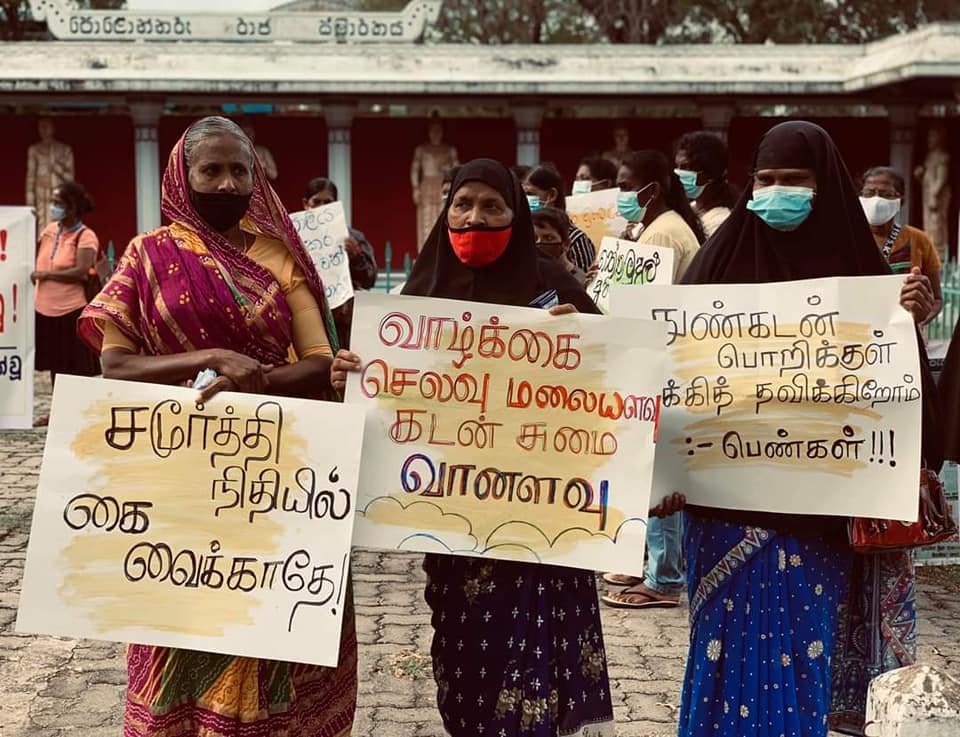
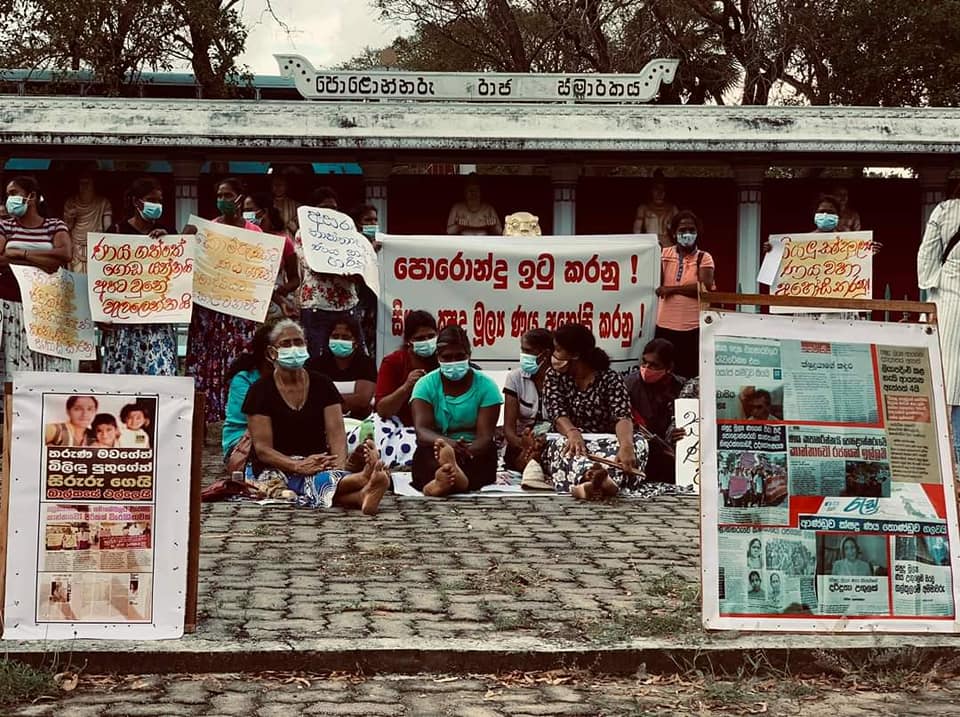
In India, thousands of women joined protests by farmers on the outskirts of Delhi on Monday to mark International Women’s Day, demanding the scrapping of new laws that open up agriculture produce markets to private buyers.
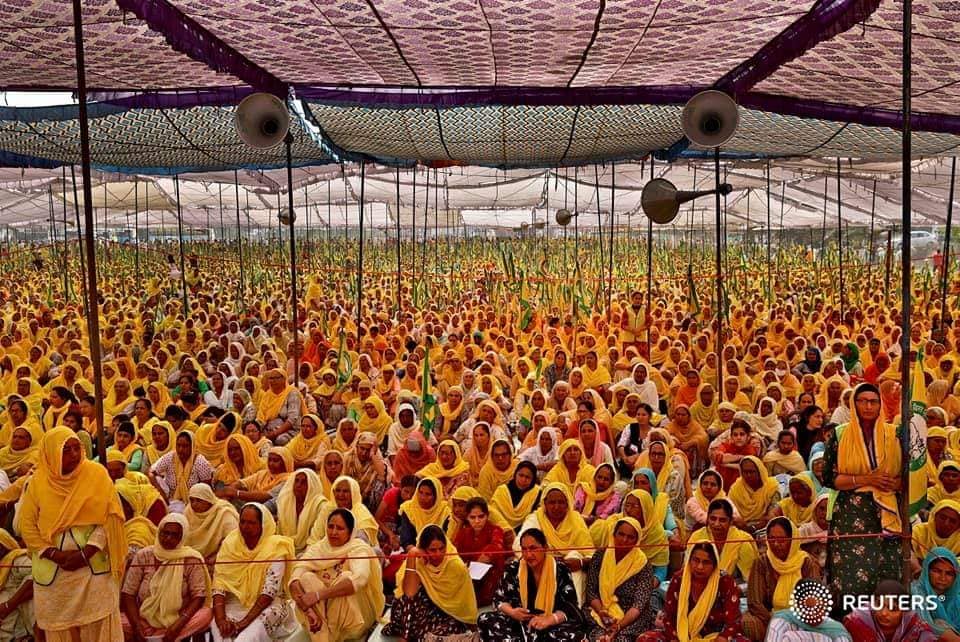
In Pakistan, women held several marches and rallies across the country. During the pandemic Pakistan has seen a sharp rise in domestic violence cases, along with an increased burden of domestic and care work imposed on working women.

In Malaysia, women from Borneo Indigenous Peoples Movement (PANGGAU) met to analyse the agrarian situation in the country. They also baked and sold mooncakes to raise funds for activities and events in communities.
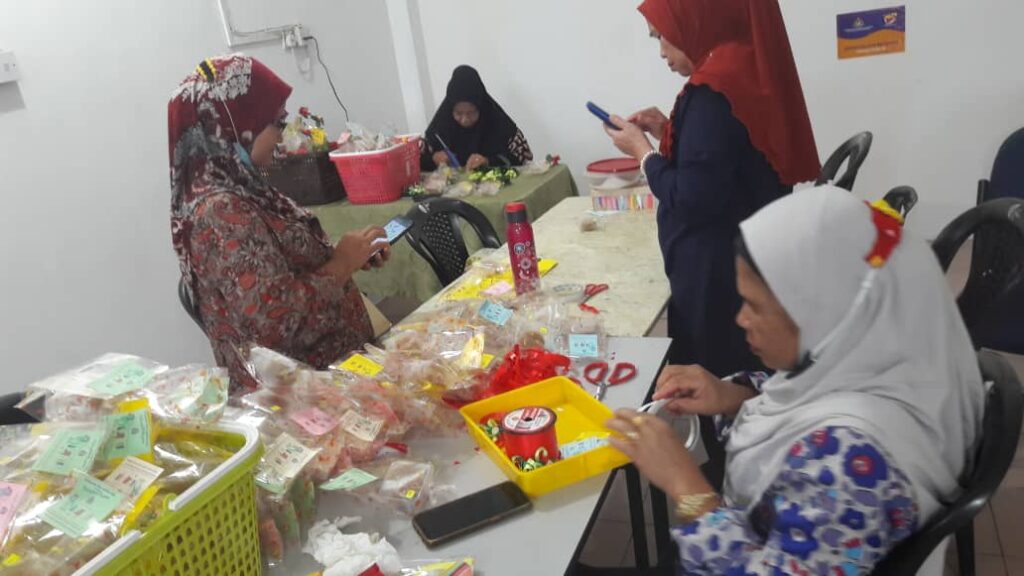
In South Korea, peasant members of the Korean Women Peasant Association echoed La Via Campesina’s international call for solidarity and adapted the posters for mobilisation into local languages.
This post is also available in Français.

